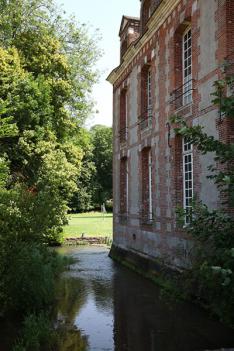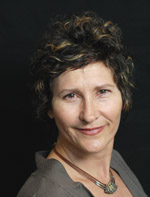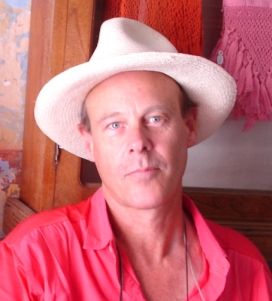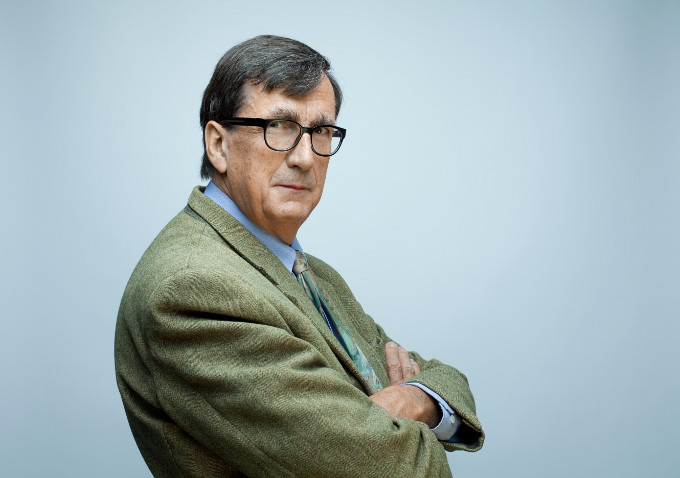Social effectiveness
 Château de Rosay (Photo: chateauform.com)
Château de Rosay (Photo: chateauform.com)
The April 23th-26th REDO workshop in France will be centered on the following questions: Are the ritual or ritualized practices we are studying effective, and what do we mean by this? What type of effects might we expect these practices to have? Do they indeed have them? And how can we evaluate these effects?
Working with Bruno Latour
Bruno Latour, and a number of other local scholars (Gregory Delaplace, Emma Gobin, Marika Moisseeff, Ann-Christine Taylor), will contribute by participating in discussions during the workshop.
In preparation for the workshop, REDO project members have submitted papers based on their sub-project material. These are drafts of journal articles or book chapters that will be published within the REDO publication plan. Bruno Latour and the other local scholars will be responding to these papers.
- REDO project member Michael Houseman, a faculty member at the École Pratique des Hautes Etudes in Paris, is hosting this workshop. We are very excited about the France meeting - not least the opportunity to collaborate with Bruno Latour and the rest of the Parisian team, says project leader Jone Salomonsen.
 Jone Salomonsen (Photo: UiO)
Jone Salomonsen (Photo: UiO)
The workshop will take place in Paris and at Château de Rosay in the Normandie countryside, and will include a separate session on methods for REDO project members only.
Interdisciplinary workshop
The practices studied in the REDO sub-projects are diverse: Open assemblies of mourning, indigenous, community-based or alternative festivals, pilgrimages, collective dancing, innovative forms of the Eucharist, environmental protest, the Occupy movement, rural ecotourism, reforestation projects, interreligious musical performances, etc.
And the disciplinary traditions the project members draw upon are also diverse: religious studies, history, anthropology, philosophy, theology, sociology, political science, etc.
 Michael Houseman
Michael Houseman
- We expect significant divergence in how each of us tackles the issues of ritual and social effectiveness. By bringing these differences into conversation and debate, we seek a better understanding of the conceptual, methodological and empirical advantages and disadvantages of our respective accounts, says Michael Houseman.
Hashtag: #redoproject
REDO: Reassembling Democracy. Ritual as Cultural Resource
